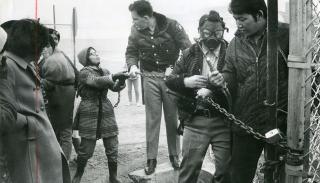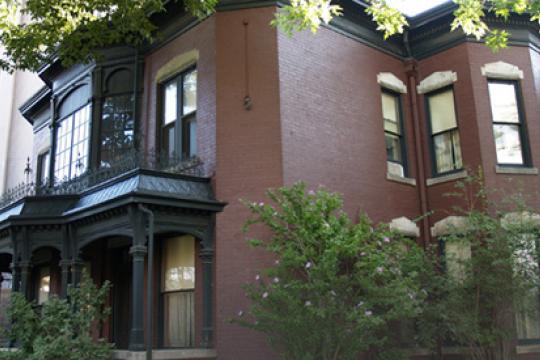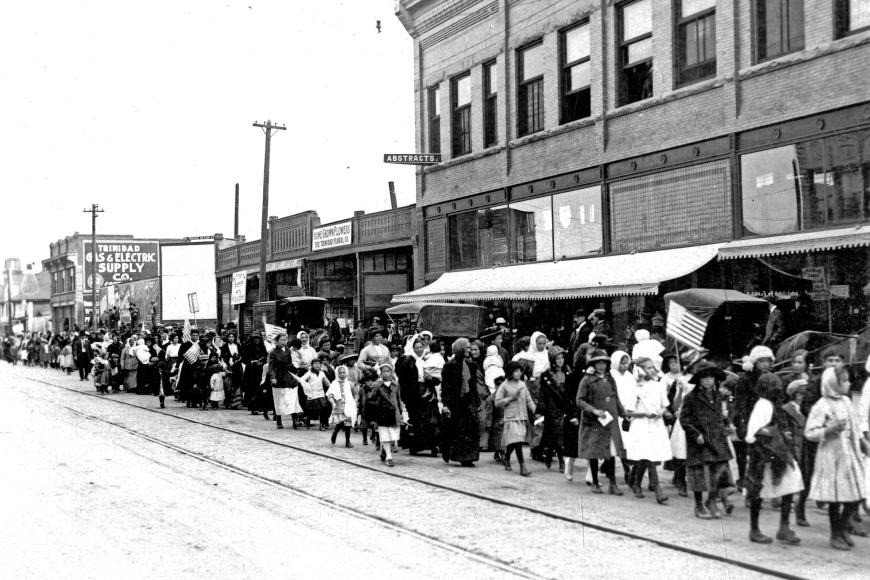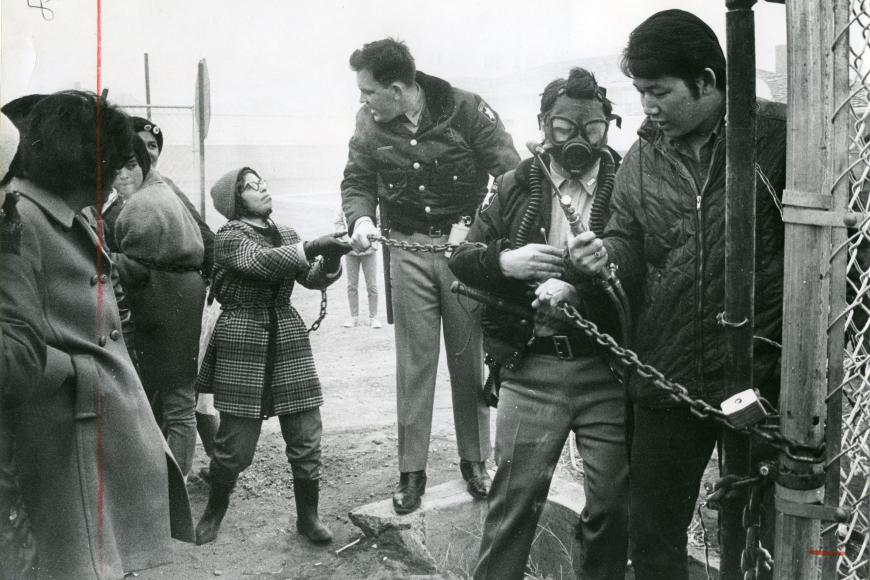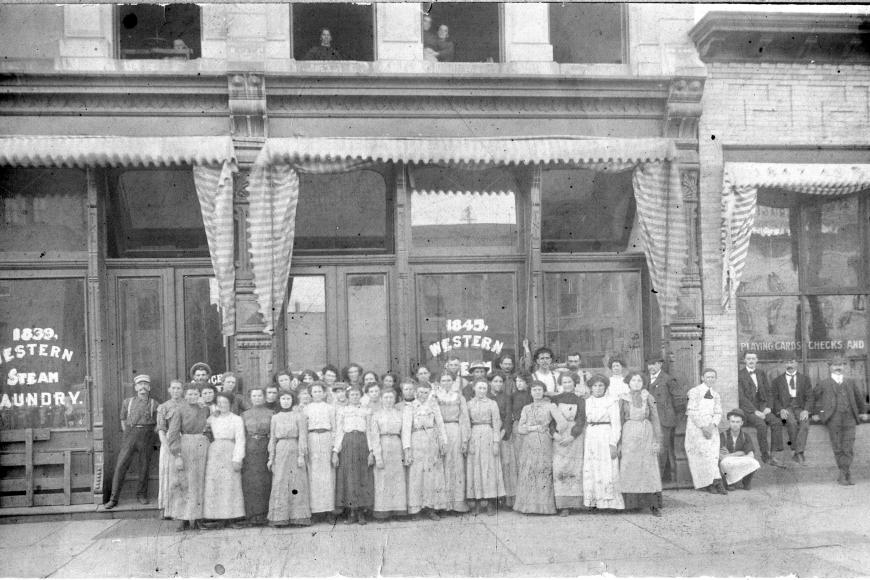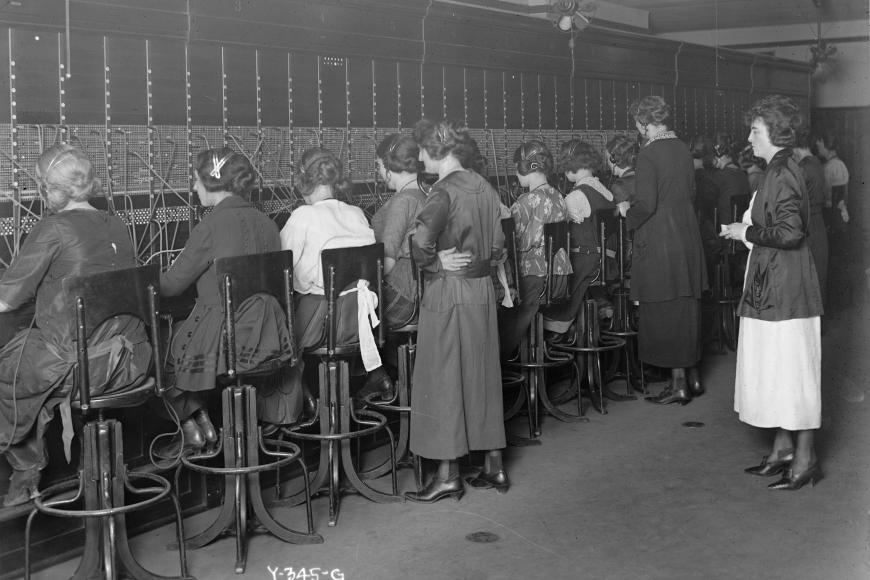Women/Work/Justice
This important exhibit analyzes the intersection of human, civil and economic rights for women. It explores complex and timeless issues through the stories of Colorado-based women groups and movements that pioneered local and national workplace shifts between 1914 and the 1980s.
Themes connect the past with contemporary issues, including the following: women activism and advocacy; personal safety in the workplace; activism against sexual harassment; equal job access; equal pay and treatment; and women/union organizing. Rather than just highlighting women’s roles in certain social movements, it spotlights movements in which women actually drove the change.
These include:
- Mary Petrucci and the Ludlow Massacre and Coalfield Strike, which focused on workplace freedoms and safety (1914)
- Jane Street, who organized domestic workers and negotiated higher wages for them through the Housemaids Union (1917)
- Laundry Girl Law, which focused on workplace safety and industrial hours (1912)
- Marie Greenwood, the first African American teacher in Denver Public Schools, who opened opportunities for others (1935)
- Lupe Briseno and the Floral Workers Strike, who inspired similar advocacy for agricultural workers and the Colorado Chicano Movement (1968-69)
- Janet Bonnema and the Eisenhower Tunnel, a civil engineer who successfully fought against gender discrimination to be able to work on the Eisenhower Tunnel (1972)
- Bell System Telecommunications Workers, who organized to create management opportunities for women telecom workers (1970-80s)
This exhibit was was created with input from local women scholars and community leaders continuing grassroots efforts.

